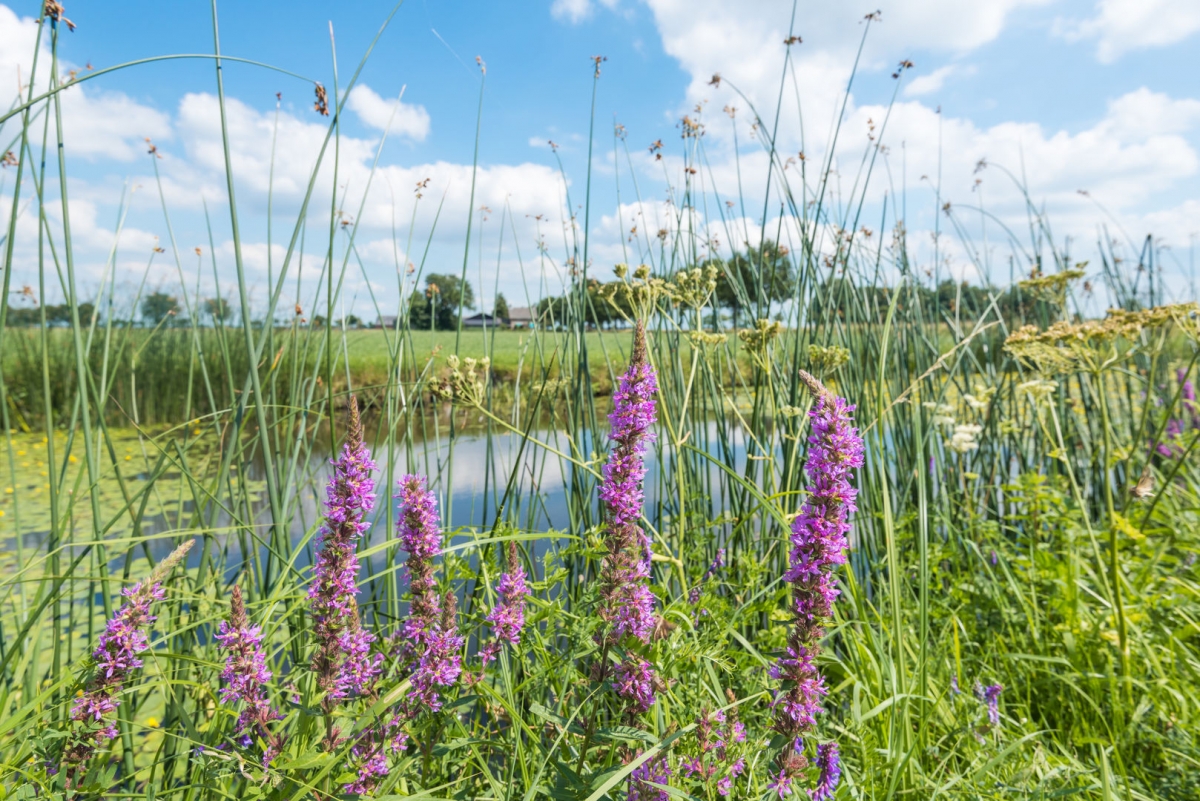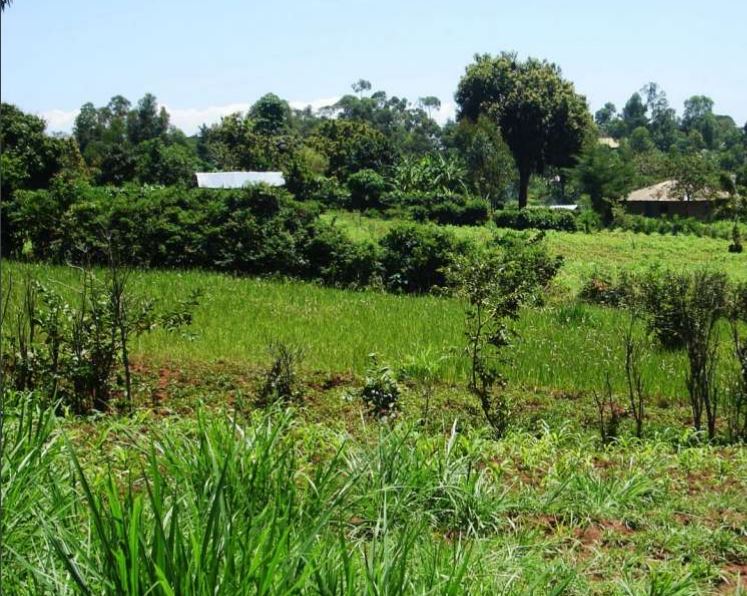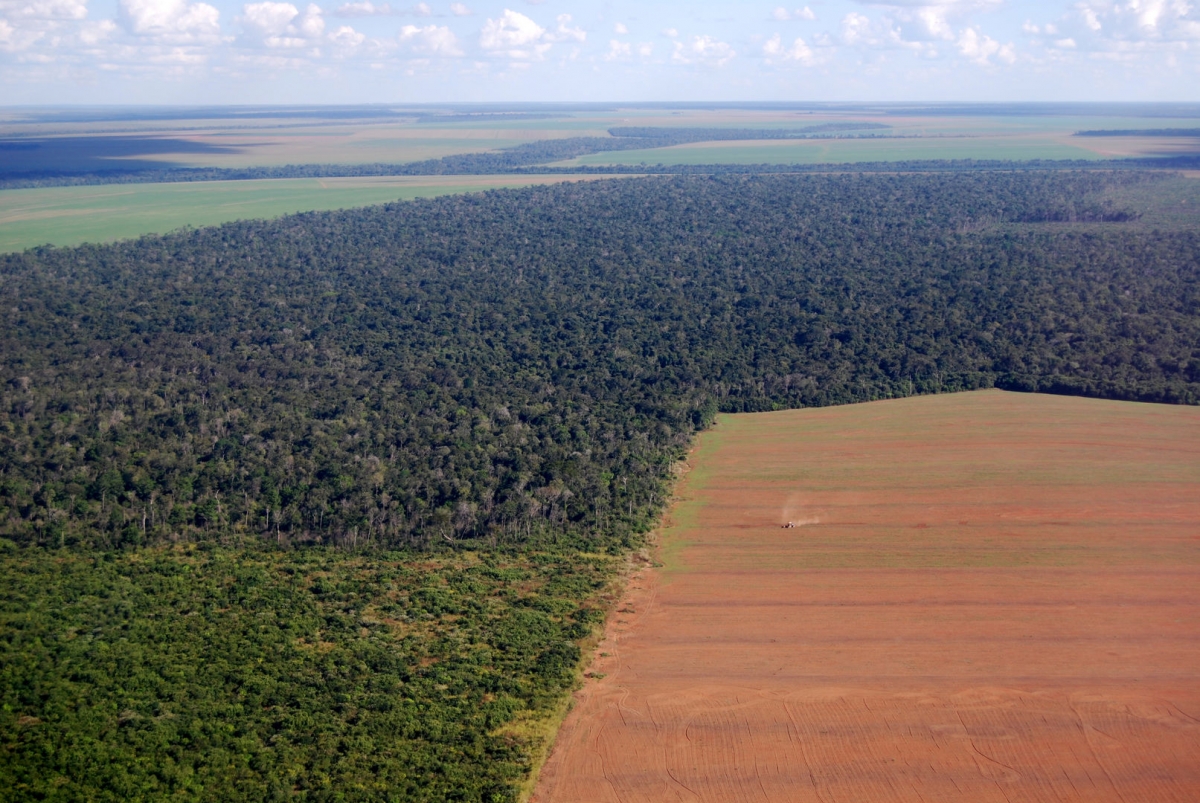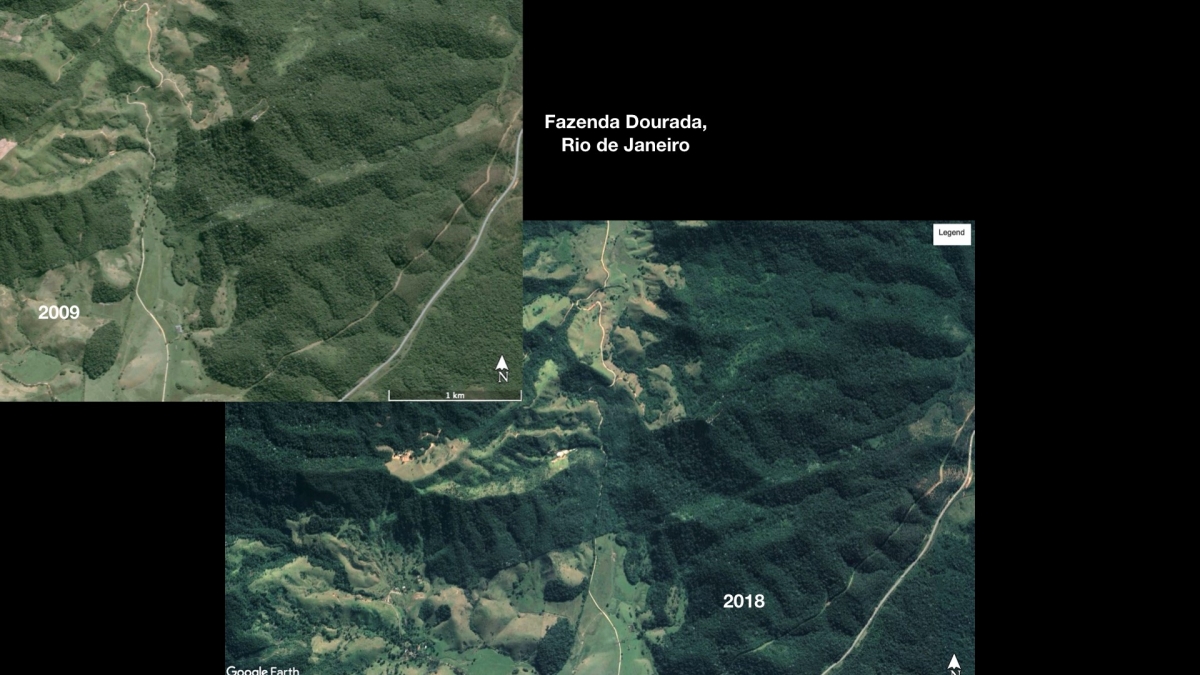CT 2019 - Biodiversity in crisis
You are here


Current Themes in Ecology 2019
Biodiversity in Crisis
Perspectives on how to bend the curve
Wednesday 13 November 2019
Hotel and Congress Centre De Reehorst, Ede, The Netherlands
Scope
Based on the recently published IPBES global assessment report on biodiversity and ecosystem services, this Current Themes in Ecology aims to focus on the global trends in biodiversity loss, and the causes and consequences of this decline at different spatial and temporal scales. We aim to start the day with stating the urgency of the biodiversity crisis, as voiced by the IPBES report. Thereafter, we will explain the current state of art in biodiversity - ecosystem functioning research, to set the evidence base. From this baseline onward, we will discuss four topics that we think would benefit from a broad academic discussion: 1) interactions between biodiversity and climate change, 2) coupling between biodiversity and ecosystem services, and putative trade-offs, 3) the pros and cons of sparing and sharing strategies of land use, and 4) how to change policies to preserve biodiversity and its functions. We will end the program with an interactive panel discussion, aimed to formulate how the field of ecology can contribute to bend the curve and reduce the biodiversity decline.
Sustainability @ Current Themes in Ecology
The urgency of the problem that is highlighted during this edition of Current Themes in Ecology, made us think about ways in which we could contribute to bending the curve of global biodiversity decline. This made us rethink how and why we organise our meetings and symposia, and whether there would be an absolute need to fly in international experts from all over the planet, just for 30-minute lecture and a discussion followed by that lecture. All the efforts associated with that (in terms of time investment from the speaker, climate change contirbutions due to flights, costs for participants, etc. etc.) made us wonder whether it would be the right thing to do. At the same time, we experienced first-hand during our other annual symposium this year, the Netherlands Annual Ecology Meeting, that if prepared carefully, a digital appearance at the meeting by an international expert in the field can be very successful too. Hence, we have decided to organise this edition of Current Themes in Ecology in a slightly different manner; we have found two very well know international experts in the field, that are committed and enthusiastic to provide a digital appearance at the meeting!
The international experts are Professor Stuart Pimm, Doris Duke Professor of Conservation Ecology at the Nicholas School of the Environment at Duke University in the US, and Professor Pablo Tittonell, who is the national coordinator of the Natural Resources and Environment Program of INTA, Argentina's agricultural research organization, as well as WWF Professor of Resilient Landscapes for Nature and People at the University of Groningen.
Programme
| 09:30 - 10:00 | Registration & Coffee / Tea | |
| 10:00 - 10:20 | Welcome by the Chair of the Day Annemarie van Wezel, Professor of Environmental Ecology @ University of Amsterdam, the Netherlands |
|
| 10:20 - 11:00 | Current state of biodiversity: insights from the IPBES Report Esther Turnhout, Professor of the Politics of Environmental Knowledge @ Wageningen University, the Netherlands In this talk I will present the Intergovernmental Panel on Biodiversity and Ecosystem Services (IPBES). I will then zoom in on the process of developing the Global Assessment report that was launched in May 2019 and the main findings of the report. Using these findings, I will argue that to safeguard the conservation and sustainable use of biodiversity, we need to go beyond conservation, we need to reconceptualize biodiversity and we need to change biodiversity science. |
 |
| 11:00 - 11:30 | Coffee / Tea | |
| 11:30 - 12:10 | Functional biodiversity: advances in biodiversity-ecosystem functioning research Jasper van Ruijven, Associate professsor @ Wageningen University, the Netherlands Since its emergence in the 1990s, the field of biodiversity-ecosystem functioning (BD-EF) research has seen intense debate, methodological progress and advances of scientific knowledge. In this talk, I will provide an overview of the scientific progress made, from the first experimental approaches to the latest insights into the ecological mechanisms underlying BD-EF relationships. |
 |
| 12:10 - 12:50 | Biodiversity to feed the world: the role of biodiversity for humanity Pablo Tittonell, Principal Research Scientist @ Argentina’s National Council for Science and Technology (CONICET), Argentina / WWF Chair Resilient Landscapes for Nature and People @ University of Groningen, the Netherlands |
 |
| 12:50 - 14:00 | Lunch | |
| 14:00 - 14:40 | The interactive effects of biodiversity and climate change Hans ter Steege, Group Leader, Biodiversity Dynamics @ Naturalis Biodiversity Center, the Netherlands Tropical forests have enormous importance for the preservation of diversity and regulation of global and local climate. While deforestation and climate change lead to losses of forest and its diversity. Loss of forest leads to local and global climate change. Re-afforestation may be one of the solutions to mitigate climate change but it may not be the silver bullet. |
 |
| 14:40 - 15:20 | What works to save biodiversity? Practical ways to prevent extinctions Stuart Pimm, Doris Duke Professor of Conservation Ecology @ Duke University, United States of America Most threatened species occur in a limited number of places in the world’s tropics. We have not merely destroyed so much of the key habitats, but what we have left is badly fragmented. A highly cost-effective solution is to help local conservation organisations in these places acquire land, reforest it, and reconnect the once isolated habitat fragments. This rescue foundering populations and can allow species to move upslope as the climate heats up. The science behind where the key areas are, how we set tactical priorities within them, and the practice of connecting isolated habitat fragments will be the focus of my talk. |
 |
| 15:20 - 15:50 | Coffee/Tea break | |
| 15:50 - 16:30 | Integrative animal and biodiversity governance Ingrid Visseren-Hamakers, Environmental Governance and Politics @ Radboud University, the Netherlands This presentation discusses the concept of Integrative Governance and highlights the need to integrate the thinking on biodiversity conservation and attention to the individual animal. |
 |
| 16:30 - 17:00 | Plenary discussion followed by a wrap-up of the day | |
| 17:00 - 18:00 | Farewell drinks in the bar |
Organisation
This edition of Current Themes in Ecology is organised by:
- Liesje Mommer (Professor of Plant Ecology - Wageningen University and Research)
- Dedmer van de Waal (Researcher Aquatic Ecology - Netherlands Institute of Ecology)
- Claudius van de Vijver (Netherlands Ecological Research Network)
- Lennart Suselbeek (Netherlands Ecological Research Network)
General information
| Target Group | Everyone interested in ecology, biodiversity, and the environment |
| Event duration | 1 day |
| Number of credits | 0.3 ECTS |
| Location | Hotel De Reehorst, Ede, the Netherlands |
Fees 1
| FEE | |
| Bsc and MSc students / PhD candidates | € 25,- |
| All other participants | € 50,- |
1 The participation fee includes coffee/tea, lunch, and drinks.
Note:
- If you need an invoice to complete your payment, please send an email to office@nern.nl, including ALL relevant details that should be mentioned on the invoice (e.g., purchase order no., specific addresses, attendees, etc.).
- Please make sure that your payment is arranged within two weeks after your registration.
- It is the participant's responsibility to make sure that payment is completed correctly and in time.
NERN Cancellation Conditions
- Up to 2 (two) weeks prior to the start of the event, cancellation is free of charge.
- In case of cancellation within 2 (two) weeks prior to the start of the event, a fee of € 25,- will be charged.
- If you do not show at all, a fee of € 50,- will nevertheless be charged.
Note: If you would like to cancel your registration, ALWAYS inform us (and do note that you will be kept to the cancellation conditions)
More information
Dr Lennart Suselbeek (NERN)
Phone: +31317485426
Email: lennart.suselbeek@wur.nl
Dr Claudius van de Vijver (NERN)
Phone: +31317485116
Email: claudius.vandevijver@wur.nl
Registration
To register, please enter your details below and click "Register".
